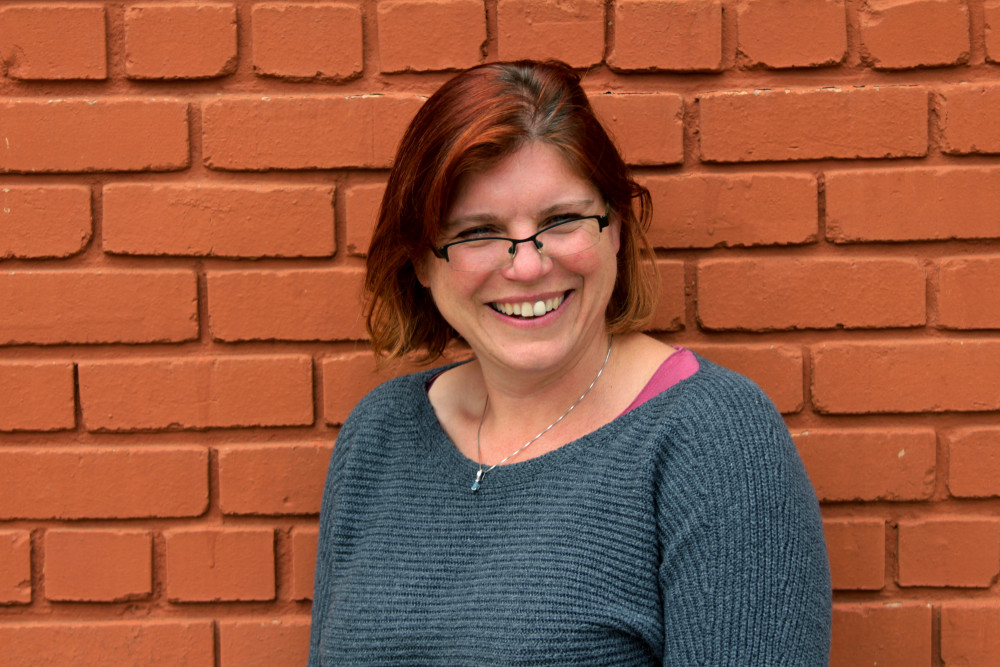 My father was a tinkerer. Not that you’d know it in our house, where he routinely broke everything he set out to fix (my mother learned exactly how much it cost to repair an engine into which windshield wiping fluid was poured into the antifreeze chamber).
My father was a tinkerer. Not that you’d know it in our house, where he routinely broke everything he set out to fix (my mother learned exactly how much it cost to repair an engine into which windshield wiping fluid was poured into the antifreeze chamber).
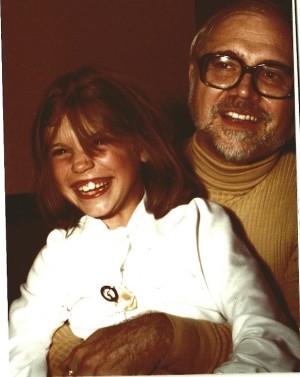 But he was a scientist who made the kind of discoveries that, I found out, some people attributed to alien communications (true story!), because it was so original, because he saw things in ways that no one else did. He tinkered with ideas and concepts, visualizing problems where other scientists might think about them abstractly, mathematically. And this from someone who didn’t learn to read until he was 12, who was told he wasn’t very smart most of his life, who couldn’t quite remember the order of the alphabet and routinely spelled “really” with one “l.”
But he was a scientist who made the kind of discoveries that, I found out, some people attributed to alien communications (true story!), because it was so original, because he saw things in ways that no one else did. He tinkered with ideas and concepts, visualizing problems where other scientists might think about them abstractly, mathematically. And this from someone who didn’t learn to read until he was 12, who was told he wasn’t very smart most of his life, who couldn’t quite remember the order of the alphabet and routinely spelled “really” with one “l.”
My father taught me that curiosity matters more than test scores, that intelligence works in a thousand different ways. And that’s why I feel so privileged to be working with Maker Ed. I get to work at an organization and with people who remind me every day of the power of inquisitiveness, of being alive to learning in all its aspects, and who work really hard to bring that joy to every educator and every child and every learning space.
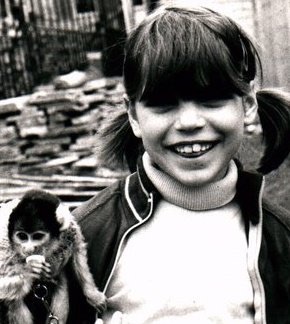
My journey to Maker Ed has been roundabout, as all good journeys are. As a child, my parents—both educators—bestowed upon me a love of learning, a desire to know more, to not take information for granted, to ask why things were the way they were. My father would take me to his lab and let liquid nitrogen run across the floor, chasing itself as it steamed into its gaseous form. My mother would give me books on Greek mythology and African folk tales, tangrams and giant Tinker Toys.
And so I have always loved to think about things, take things and ideas apart and put them back together in new ways, connect them up into new configurations; from the time I was four or five years old, my mother was convinced I’d grow up to be a philosopher. She was almost right: I earned a Ph.D. in the humanities, writing a dissertation on autobiography, modernity and the construction of the individual. But I also worked in book publishing for a while, studied in France, traveled through Eastern Europe, wrote for national arts publications and hyper-local news sites, taught myself origami and French cooking. Also, I’m a private pilot and am writing a novel. Because: Why not?
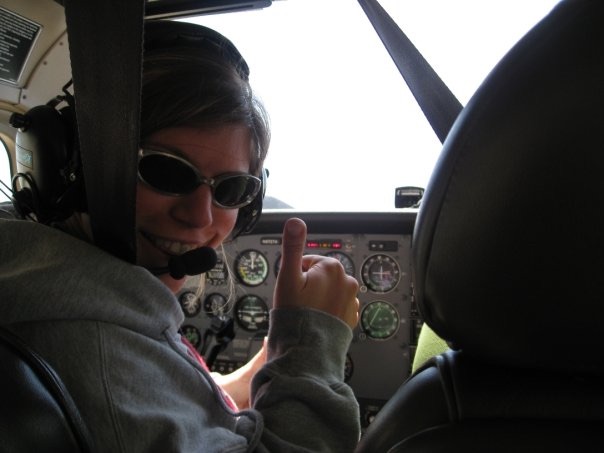 Eventually, my journeys took me into nonprofit development, where I’ve been working for the last eight years or so. It fits my desire to make the world just a little bit better, and it makes good use of the skills I developed in graduate school in researching, writing and distilling complex ideas into compelling prose; of convincing people of things I believe in. I’ve worked at a diversity of places: KQED, the JCC of the East Bay, Places Journal, for instance, learning a lot more about nonprofits, development, and the delightful puzzle of articulating the right fit between an organization and funders.
Eventually, my journeys took me into nonprofit development, where I’ve been working for the last eight years or so. It fits my desire to make the world just a little bit better, and it makes good use of the skills I developed in graduate school in researching, writing and distilling complex ideas into compelling prose; of convincing people of things I believe in. I’ve worked at a diversity of places: KQED, the JCC of the East Bay, Places Journal, for instance, learning a lot more about nonprofits, development, and the delightful puzzle of articulating the right fit between an organization and funders.
I’m thrilled to be here now at Maker Ed, to be part of an organization that works to provide the infrastructure and capacity necessary to ensure every child has the opportunity to engage in their natural tinkering and making inclinations, to discover a passion and delight in learning that means they never stop pursuing it. To tell the world that curiosity matters more than test scores, and intelligence works in a thousand different ways. I think my parents would be very proud. I know I am.
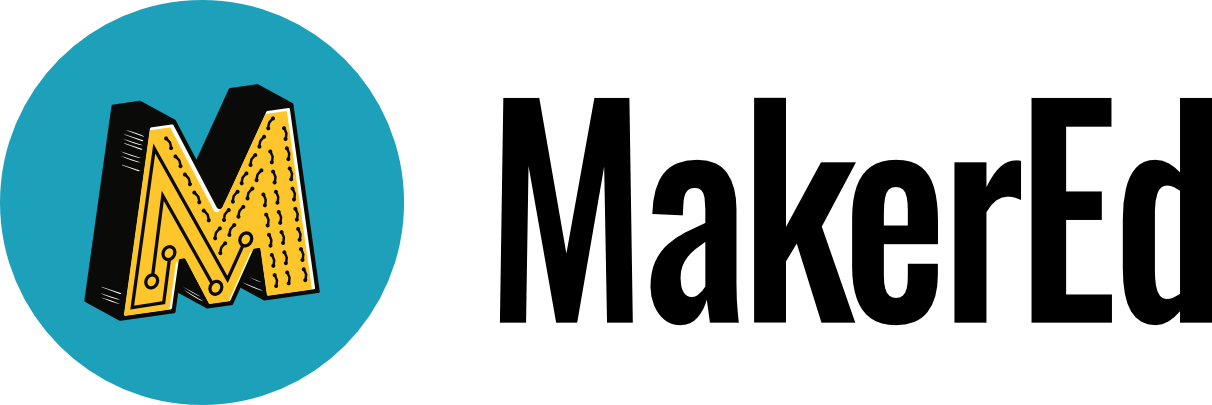
Leave a Reply